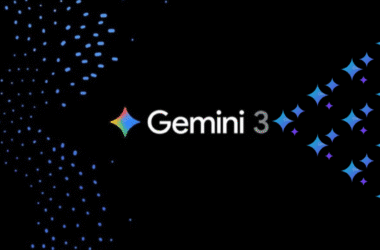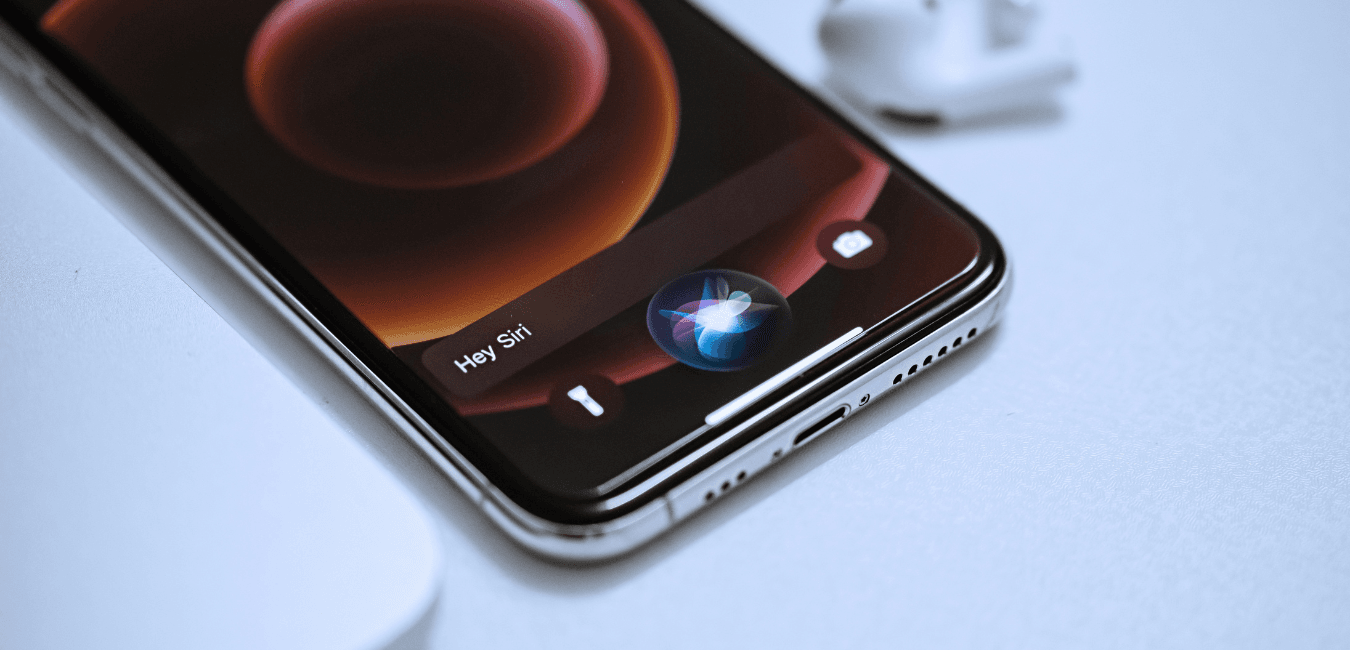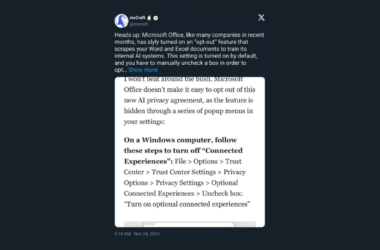In a recent development that has caught the attention of tech enthusiasts and privacy advocates alike, Apple has agreed to pay $95 million to settle a class-action lawsuit concerning allegations of unauthorized recording and sharing of Siri conversations. This settlement, however, comes with a strong denial from Apple regarding any misconduct in the use of Siri data. Here’s a detailed breakdown of the situation:
The Settlement: A Brief Overview
On January 9, 2025, Autonomics Web reported on X that Apple settled a lawsuit for $95 million, which accused the tech giant of violating user privacy through its Siri voice assistant. The case, filed in the Oakland, California federal court, was settled without Apple admitting any guilt or wrongdoing. Instead, the company has firmly stated that Siri data has never been sold or used for marketing purposes, contrary to what some social media interpretations might suggest. This clarification came directly from Apple’s response post-settlement, emphasizing their commitment to user privacy and the ongoing development of privacy-enhancing technologies.


Apple’s Privacy Stance Post-Settlement
Following the settlement, Apple took the opportunity to reaffirm its stance on user privacy. In an official statement, Apple clarified that Siri data is not utilized to create marketing profiles or for advertising purposes. Instead, the company highlighted that audio recordings from Siri interactions are only retained if users explicitly opt-in, aiming to improve the service’s functionality. This policy underscores Apple’s dedication to ensuring that Siri remains a private and secure tool for its users.

Historical Context: Siri’s Privacy Evolution
Since the introduction of Siri in 2011, Apple has consistently positioned it as a service prioritizing user privacy. Despite this, the lawsuit brought to light concerns over how user data was handled, especially with reports of contractors listening to Siri recordings. In response, post-2019, Apple has made significant changes to bolster Siri’s privacy features, such as moving to on-device processing for newer devices, using random identifiers instead of user accounts for data anonymization, and ensuring that audio recordings are not retained unless users opt-in for improvement purposes. These enhancements are part of Apple’s broader strategy to maintain trust while refining Siri’s capabilities.

Implications for Users and the Tech Industry
The settlement and Apple’s subsequent statements have several implications for both Apple users and the tech industry at large. For Apple users, this settlement might provide a sense of validation regarding their concerns over privacy, potentially leading to a payout of up to $20 per Siri-enabled device. For the tech industry, it serves as a reminder of the growing scrutiny over how user data is handled, pushing companies to be more transparent and proactive in their privacy practices.
Additionally, this situation highlights the role of class-action lawsuits in holding large tech companies accountable, even if they result in settlements without admission of guilt. It also underscores the importance of user consent in data collection, a principle that Apple has reiterated through its policies.


Looking Forward: Apple’s Privacy Commitments
Apple’s response to the lawsuit settlement doesn’t just end with the payment; it extends into their future commitments towards privacy. The company continues to invest in privacy-enhancing technologies like Differential Privacy for improving services without compromising individual privacy. Features like Find My, which uses end-to-end encryption for location data, and the introduction of controls in iOS settings to manage data sharing, exemplify Apple’s efforts to give users more control over their privacy. This proactive approach is likely to influence how privacy is handled across the tech sector, setting a benchmark for others to follow.

In conclusion, while the $95 million settlement marks a significant financial acknowledgment of the concerns raised, Apple’s firm stance on denying the misuse of Siri data and their ongoing efforts to enhance privacy features suggest a commitment to user trust that goes beyond legal settlements. As technology continues to evolve, so too will the conversation around privacy, with Apple at the forefront of this dialogue.









